Al Haig - Al Haig Today! The Great Piano of a Piano Great (1965/1991)
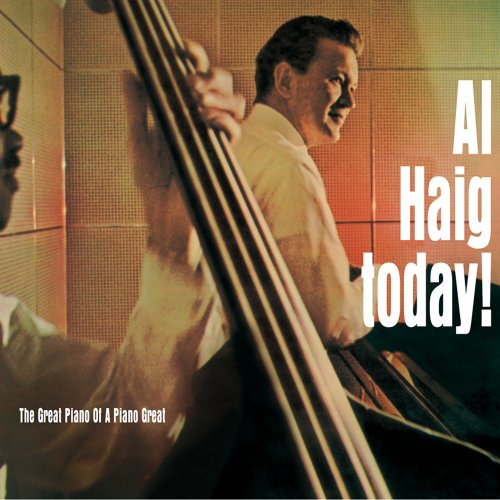
Artist: Al Haig
Title: Al Haig Today! The Great Piano of a Piano Great
Year Of Release: 1965/1991
Label: Fresh Sound Records
Genre: Jazz
Quality: FLAC (tracks)
Total Time: 34:32 min
Total Size: 148 MB
WebSite: Album Preview
Tracklist:Title: Al Haig Today! The Great Piano of a Piano Great
Year Of Release: 1965/1991
Label: Fresh Sound Records
Genre: Jazz
Quality: FLAC (tracks)
Total Time: 34:32 min
Total Size: 148 MB
WebSite: Album Preview
1. Bags' Groove
2. The Good Life
3. You Don't Know What Love Is
4. Satin Doll
5. Bluesette
6. Thrio
7. Brother, Where Are You
8. Polka Dots and Moonbeams
9. Willow Weep for Me
10. Saudade
This difficult to find recording is worth the search; it contains some of the finest recorded work of Al Haig's enigmatic career. Haig was an important figure in the early development of bebop piano and can be heard as a sideman on many seminal recordings from the 1940s, including Salt Peanuts and Hot House. His refined classical technique was relatively unique at the time, and he was admired as a superb accompanist. Between the mid-'50s and the early 1970s there is a curiously large gap in his recorded output evidently due to personal problems. In fact, Al Haig Today! appears to be his only release as a leader during the '60s. The pianist is joined by Ed DeHaas on bass (who worked with Martial Solal, Kai Winding, Chet Baker, and Chris Conner among others) and the relatively unknown Jim Kappes on drums. (Kappes would later work with the Paul Winter Consort). This well-recorded date showcases a versatile selection of tunes including Haig's minor blues entitled "Thrio," Toots Thielemans' "Bluesette," and Oscar Brown's "Brother Where Are You." From his book of standards Haig pulls "Willow Weep For Me," "Polka Dots and Moonbeams," "You Don't Know What Love Is," and "Satin Doll." The pianist's rendering of "Bag's Groove" is harmonized in dark, folky tones. "The Good Life," an evocative melody by French guitarist/vocalist Sacha Distel, is given a Latin treatment. One can hear many influences in Haig's piano work -- from the early inspiration of Nat King Cole, Billy Kyle, and Teddy Wilson to the bebop syncopation of his contemporary Bud Powell. Haig's lyrical playing on Today! also invokes the more modern work of Hank Jones and Bill Evans. Although his keyboard technique is typically lighter, neater, and less fiery than Powell's, Haig's subtle harmonies often have an appealing edge. His playing -- though cool and calm -- is still rhythmically interesting and highly creative; the overall sound is authentic bebop! On Al Haig Today! this underrated musician demonstrates his complete mastery of jazz piano -- impeccable swing, rich chording, and inventive improvisation.
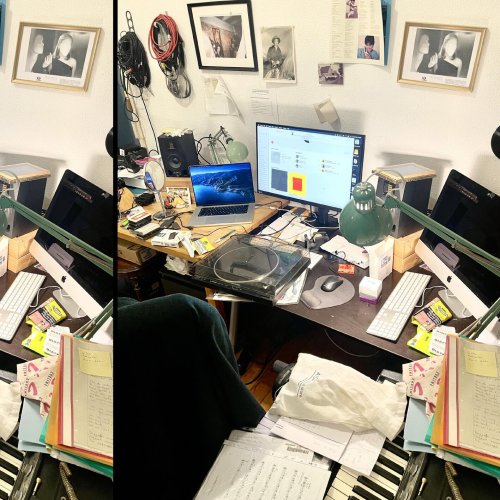
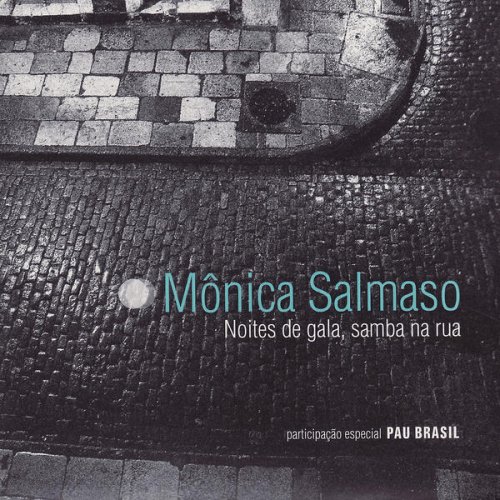
![Double Drums, Philipp Jungk & Alexander Glöggler - All You Can Beat (2026) [Hi-Res] Double Drums, Philipp Jungk & Alexander Glöggler - All You Can Beat (2026) [Hi-Res]](https://www.dibpic.com/uploads/posts/2026-02/1771946421_folder.jpg)

![Bill Champlin - Through It All (1994) [Japanese Edition] Bill Champlin - Through It All (1994) [Japanese Edition]](https://www.dibpic.com/uploads/posts/2026-02/1771699229_ff.jpg)
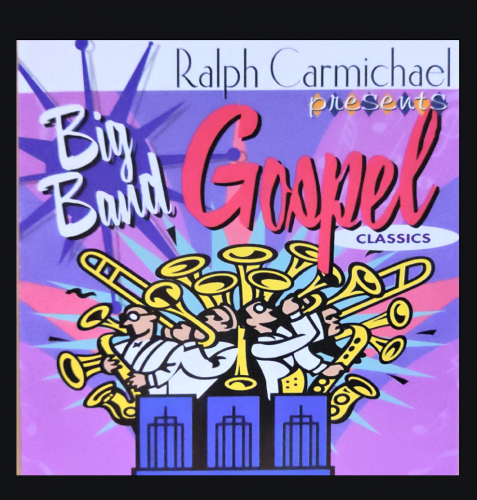
![Marius Neset - Time to Live (2026) [Hi-Res] Marius Neset - Time to Live (2026) [Hi-Res]](https://www.dibpic.com/uploads/posts/2026-02/1771945711_folder.jpg)
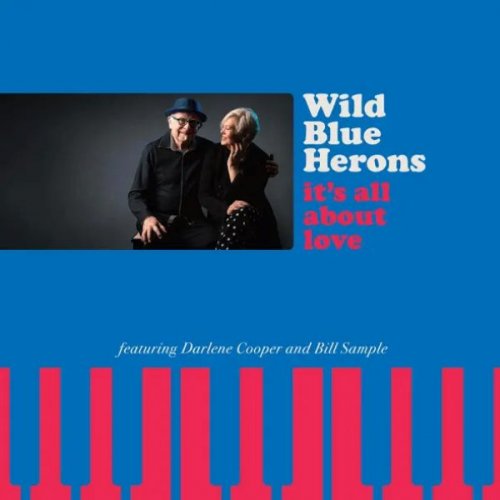
![Bob James, David Sanborn, Tsuyoshi Yamamoto, Susan Wong, Fourplay - The Best Of Evosound Audiophile (2024) [SACD] Bob James, David Sanborn, Tsuyoshi Yamamoto, Susan Wong, Fourplay - The Best Of Evosound Audiophile (2024) [SACD]](https://www.dibpic.com/uploads/posts/2026-02/1771744987_folder.jpg)